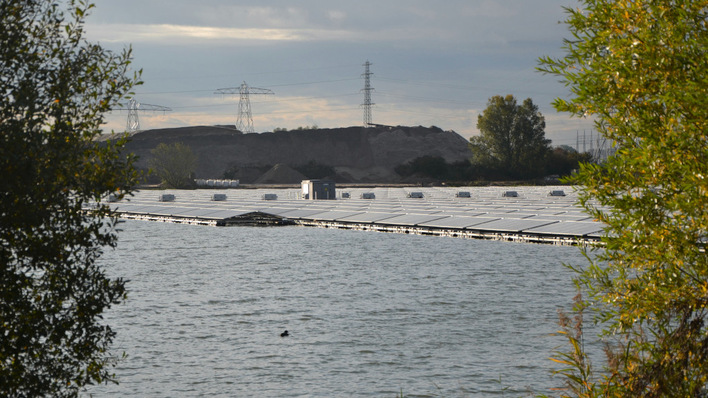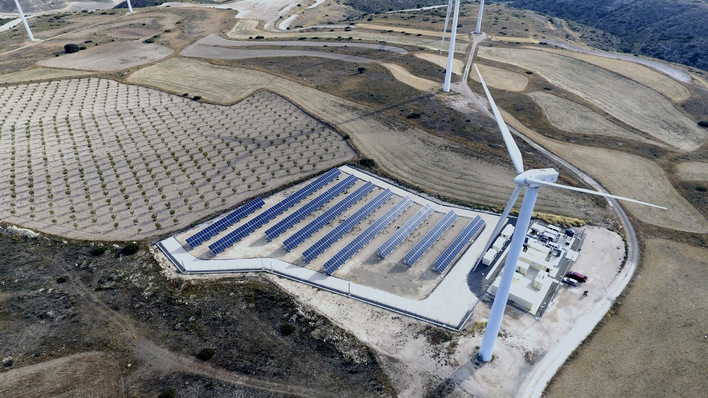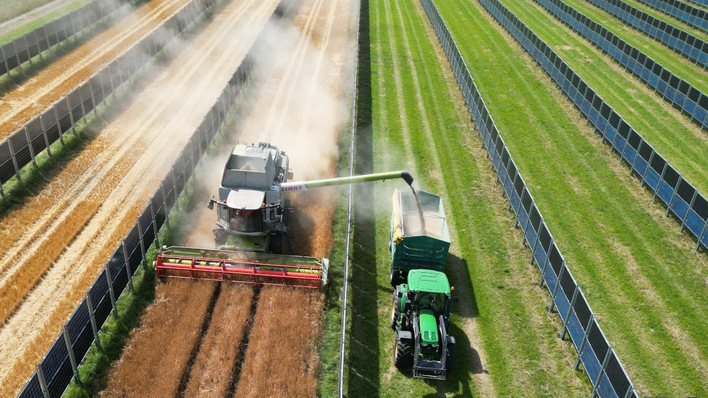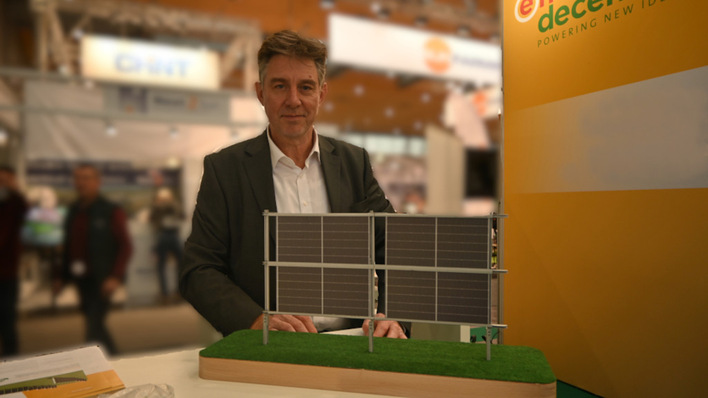This means that the previous positive ruling in the Land and Environmental Court is no longer valid.
"It is always disappointing when a solar park cannot be built. But it is positive that the court states that renewable electricity production constitutes an essential social interest. However, the court weighs the agricultural interest even more heavily here. This places high demands on the localization study that the project developer makes when constructing the park“, says Anna Werner, CEO of the Swedish Solar Energy Association (Svensk Solenergi). The court would have a naive idea of how large a localization study must be. That it would have to cover the entire electricity area is of course unreasonable.
Necessary revaluation of public interest
„The court's reasoning that domestic electricity production is not important because we export 20 percent of Swedish electricity production indicates deep ignorance of the electricity system“, Werner says. Skåne in particular would have recognized a major power shortage and a need for more domestic electricity production. The combination of solar power and batteries would be extremely interesting for Skåne.
See also: „Many farmers also want to harvest solar power“
Svensk Solenergi believes that the legislation needs to be changed in the way that Professor Hassler proposed in his report on the climate transition: Expansion, transmission and storage of electricity must be seen as an overriding public interest and given greater weight than other public interests. „With rapidly increasing electricity demand, the expansion of solar power is an opportunity that must not be stopped by political and legal paralysis“, Werner said.
Many other planned solar parks in Sweden affected
The company concerned, Danish developer European Energy, is also calling for a legislative change in Sweden for solar parks.
“The decision pulls back the carpet not only for our project but for many other planned solar parks in Sweden. In our submission to the court, we have clearly shown that the solar park can coexist with agriculture and does not threaten food security,” explains Peter Braun, country manager for European Energy in Sweden.
“We have investigated alternative sites for localization and believe that the solar park constitutes a significant social interest through the large supply of new green electricity. Unfortunately, the court has chosen to ignore these arguments completely or partially.”
Project designed to enable combined use of land
The Land and Environment Court of Appeal takes a clear position in favor of the importance of protecting conventional farming on agricultural land. The solar park would have generated a large amount of green electricity for an electricity area that already suffers from a major power shortage. Moreover, the project has been designed to enable the continued combined use of the land, for example by growing vegetables and grassland. Despite this, the Court considers that European Energy has not demonstrated that “the installation provides a sufficient social benefit”.
European Energy has read the judgment and will conduct a detailed analysis, Braun said.This will be done before European Energy makes any decisions on the continuation of a possible solar park project in Svedberga. However, with the court’s decision today, European Energy will begin advocating to change the Environmental Code to allow solar parks on agricultural land.
Lobbying for legislative changes
Braun assumes that Swedish politicians at various levels will support the industry for such a development.
“The government has shown that it is possible to quickly investigate and propose legislative changes that facilitate nuclear power. The same should be possible for solar power,” Braun says.
Svedberga solar park was approved in late 2022 by the Land and Environment Court in Växjö in Sweden but the decision was appealed by the County Board in Skane and the Nature Conservation Society in Helsingborg to the Land and Environment Court of Appeal, which published their decision the 3rd of April 2024. (hcn)








